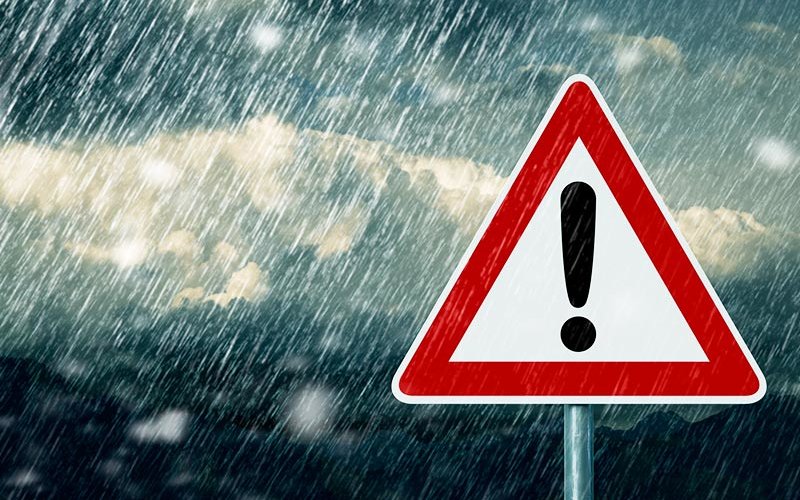
Images of destruction and devastation from Hurricane Harvey in Texas have prompted many to consider sponsoring food and clothing drives to help.
As worthy as such efforts are, there are some things to remember, says Susan Fisher, campus emergency management coordinator.
Food and clothing drives should be coordinated with relief agencies that are serving the community, but “remember that when you collect items, they often have to be sorted, packaged and placed into some form of transportation — all of which costs funds that could be better served going directly to an agency on the ground,” says Fisher. “It has been estimated that one can of soup becomes a very expensive can of soup when you consider the logistics involved in shipping and transporting to the scene and delivery.
“Material goods may not be the best thing right now,” she stresses. “Cash can be used by response agencies and organizations to purchase what is needed and wanted from local supplies, which, in turn, will help boost the local economy. And frankly, the return on investment is greater with funds.
“So give, but make sure that you are giving to a trusted party, not a scammer,” says Fisher. “A good site to find out about an agency to support is the National Voluntary Organizations Active in Disaster, or NVOAD.”